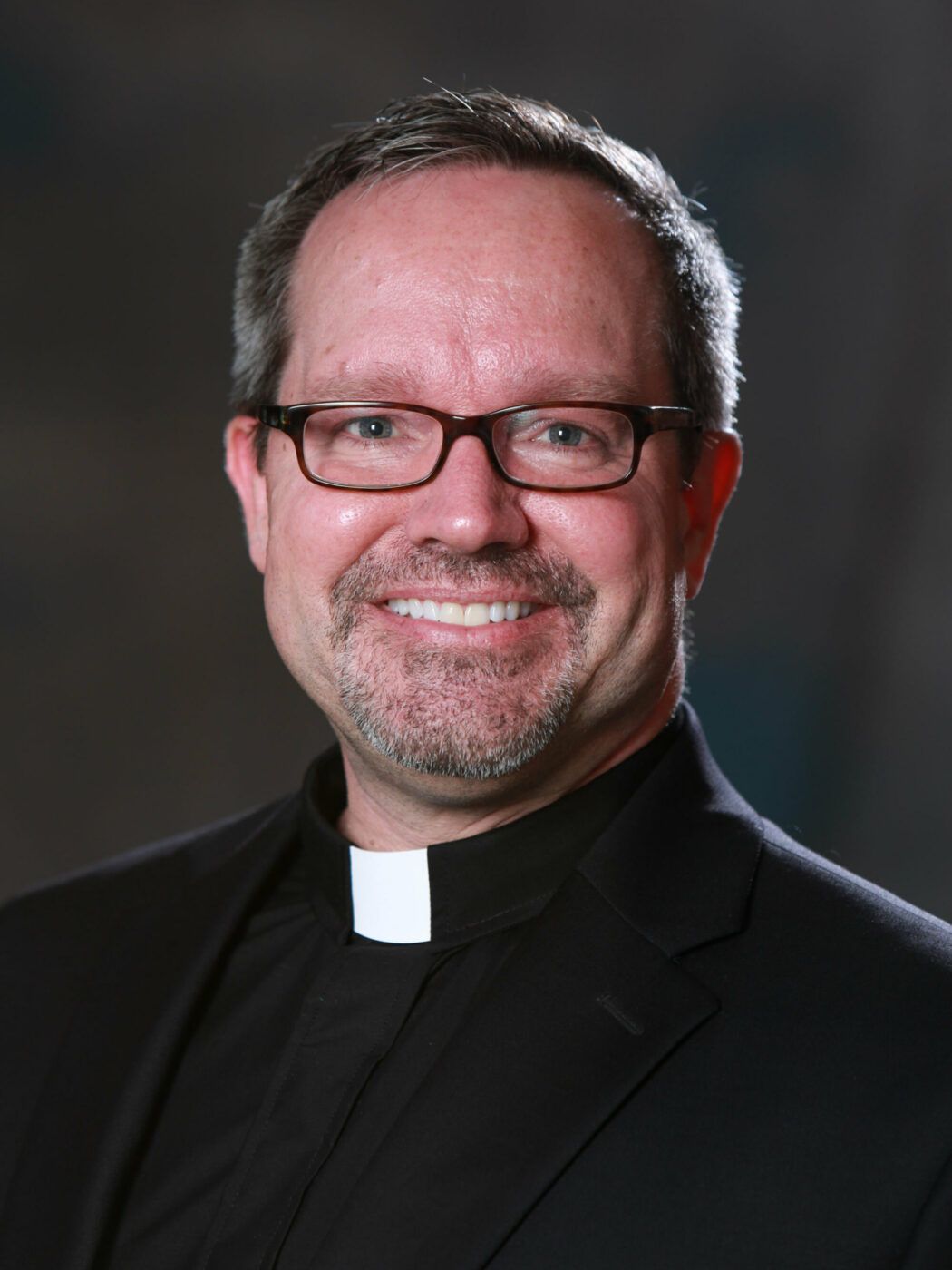I just finished a 3-Day Parish Lenten Mission and feel filled with grace. The theme we reflected on was Our Lenten Journey: From Ashes to Glory. God is always calling us to renewal, freedom, and new life especially through our Lenten observances and practices leading us to the joy of Easter. We already know the end of the story—Christ is triumphant, the tomb is empty and Jesus is in glory.
Today on this 4th Sunday of Lent, Laetare Sunday, the Church expresses joy and hope in the midst of our preparation for Easter. The name Laetare comes from the first words of this Sunday’s Entrance Antiphon from the Book of Isaiah: “Rejoice, Jerusalem, and all who love her.” Laetare is the Latin word for “rejoice.”
At the heart of this rejoicing is the promise of the much-awaited Messiah who is the fulfillment of generations’ hopes and dreams. Jesus Christ fulfills this promise. In today’s Gospel we have an exchange between Jesus and Nicodemus.
“For God so loved the world that He gave His only Son, so that everyone who believes in Him might not perish but might have Eternal Life.” (John 3:16) This truth proclaimed right after Jesus’ exchange with Nicodemus—reveals God’s salvific plan for humanity—leading to Eternal Life. Jesus spoke in veiled language when He said, “Just as Moses lifted up the serpent in the desert, so must the Son of Man be lifted up, so that everyone who believes in Him may have Eternal Life.”
John 3:16 is probably the most popular verse from Scripture and it summarizes God’s plan for humanity and salvation. These words conclude a dialogue that Jesus had with Nicodemus, a Pharisee and a member of the Sanhedrin. This is the first of three times Nicodemus is mentioned in the Gospel of John. The next time he appears is when he reminds the other members of the Sanhedrin that a man must be first heard before he is condemned. The last time was when Jesus was killed and Nicodemus brought a mixture of myrrh and aloes to prepare Jesus’ body for burial.
Nicodemus’ questions would lead to understanding. He is enlightened by seeking the truth. Nicodemus took great risk to seek out Jesus. Jesus senses perhaps a growing faith in Nicodemus, which is why when Nicodemus asks Jesus about His teaching, Jesus answers him. Nicodemus sincerely wanted to understand who Jesus was.
Where Nicodemus’ heart and faith was regarding Jesus we do not know. Yet, he remains an example to search for truth and bring our questions to Jesus. The Catechism of the Catholic Church has this to tell us: “Jesus does not reveal the Holy Spirit fully, until he himself has been glorified through his Death and Resurrection. Nevertheless, little by little he alludes to him even in his teaching of the multitudes, as when he reveals that his own flesh will be food for the life of the world. He also alludes to the Spirit in speaking to Nicodemus, to the Samaritan woman, and to those who take part in the feast of Tabernacles. To his disciples he speaks openly of the Spirit in connection with prayer and with the witness they will have to bear.” (CCC 728)
We have the fullness of the Holy Spirit so that we can embrace the truths of Christ. Our Lenten journey is meant to help us discover more deeply who Jesus is in our own life.
Nicodemus’ searching for truth has given us the most profound and succinct teaching: “For God so loved the world that He gave His only Son, so that everyone who believes in Him might not perish but might have Eternal Life.”
So, at this midway point of our Lenten journey, may we rejoice for we have the fullness of the Holy Spirit which allows our hearts and our lives to be lifted up from ashes to glory.


